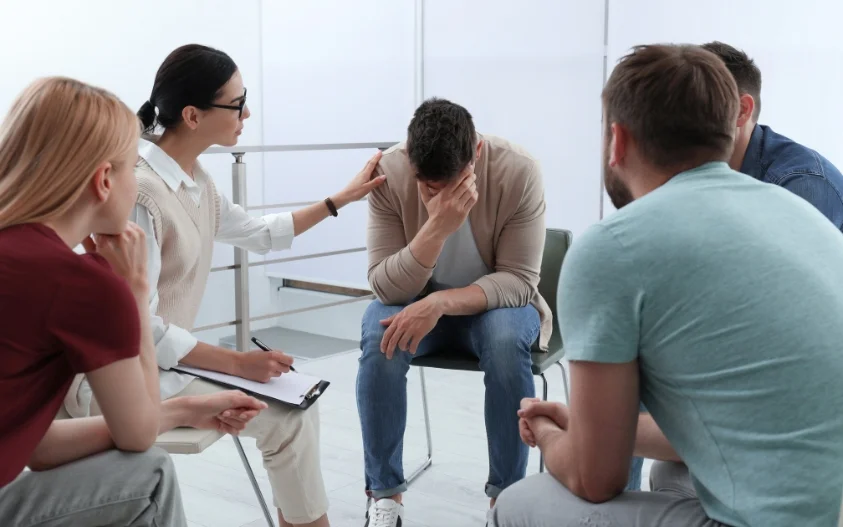24/7 Helpline:
(866) 899-111424/7 Helpline:
(866) 899-1114
Learn more about Inpatient Rehab centers in Shenandoah
Inpatient Rehab in Other Cities











Other Insurance Options

Evernorth

Private insurance

Cigna

WellCare Health Plans

Horizon Healthcare Service

State Farm

Holman Group

Access to Recovery (ATR) Voucher

Regence

Aetna

Excellus
Beacon

Molina Healthcare

Covered California

Kaiser Permanente

Sliding scale payment assistance

WellPoint

American Behavioral

CareFirst

Health Partners